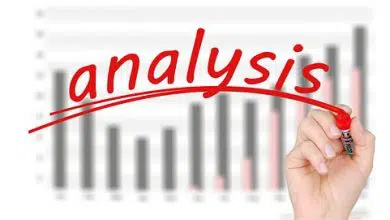How are economic theories applied to business problems? This common type question is explained shortly. Decision making in business is an important topic discussed in Business Economics. It implies taking decisions, formation of future plans and choosing the best alternative business plan. Businessmen face the problem of choice due to the scarcity of factors of production. Besides, the alternative use of the factors of production also creates a problem for them. Decision making aims at maximizing profits through taking effective and efficient decisions. Businessmen have to take decisions and fulfill their activities in an atmosphere of uncertainty. Uncertainty element is considered to be a special feature of business enterprises.
If the businessmen have complete understanding and knowledge regarding the future, they can take effective decisions. But in reality businessmen find it difficult to get correct information with regard to the future sales, costs and profits. So they have to make proper business plans on the basis of the available information. They have to be acquaint with new matters when they implement the business plans. In order to overcome the problems, they have to change their plan by adopting new methods. In this way decision making is a continuous process in business organization. Business analysis and Economic laws: Economic laws are useful for taking business decisions in times of uncertainty. Economic laws relating to the demand, profits, costs, prices, competition, production, business cycles, national income etc. help the businessmen to solve the problems of business organization and business decisions.The Application Of Economic Theory In Decision Making is explained as follows:
1) Economic concepts like price elasticity, income elasticity, cross elasticity, supply elasticity, costs of production etc. are useful for estimating the volume of business in future.
2 ) Economic laws are also useful for forecasting the profits, demand, output, costs, price determination etc. As the business organizers manage their production activities under uncertainty conditions, such estimates help them for making economic decisions and plans.
3) Economic laws help the businessmen to understand the government’s policy with regard to business cycles, changes in national income, taxation, foreign trade, industrial relations, monopoly control, industrial licensing, price control etc. Businessmen can form their business methods suitable to the policy of the government. They make and implement business policies after carefully analyzing the impact of the above factors.
But economic laws are formed on the basis of certain assumptions. The assumptions may not be real. For example, achievement of maximum profits is an important assumption in Economics. On the basis of this assumption, Economics analyses how a firm produces maximum level of output and at what price it sells its goods. But in reality business firm does not always aim at achieving maximum profits. So it is necessary to achieve co-ordination between the economic laws (based on simple assumption) and real behavior of a business firm.




